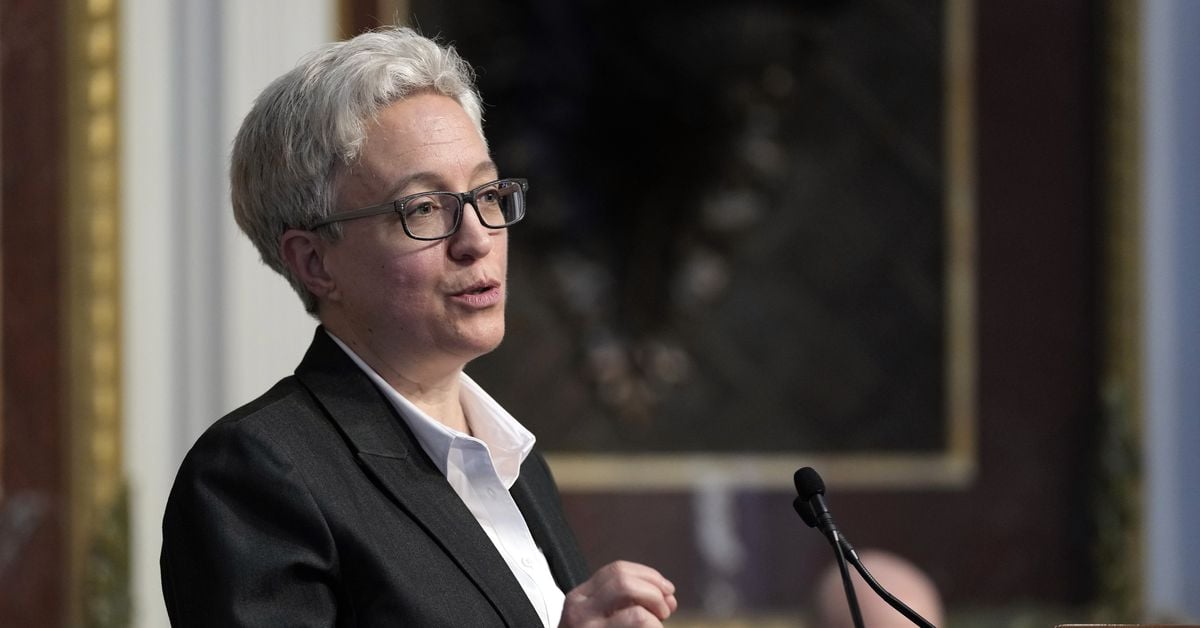Four years ago, the state decriminalized all drugs. Now it’s trying to course-correct — and might make a mistake in the process.
In 2020, it looked as though the war on drugs would begin to end in Oregon.
After Measure 110 was passed that year, Oregon became the first state in the US to decriminalize personal possession of all drugs that had been outlawed by the Controlled Substances Act in 1970, ranging from heroin and cocaine to LSD and psychedelic mushrooms. When it went into effect in early 2021, the move was celebrated by drug reform advocates who had long been calling for decriminalization in the wake of President Nixon’s failed war on drugs.
Now, amid a spike in public drug use and overdoses, Oregon is in the process of reeling back its progressive drug laws, with a new billthat aims to reinstate lighter criminal penalties for personal drug possession. And while the target is deadly drugs like fentanyl, the law would also result in banning non-clinical use of psychedelics like MDMA, DMT, or psilocybin — drugs that are unconnected to the current overdose epidemic and the public displays of drug use.



You cannot successfully decriminalize all drugs in a for-profit health care system.
You will never stop an epidemic of opioid abuse unless you can address chronic pain because many of those people have legitimate chronic pain issues that they can’t afford to deal with medically.
I have a nerve disorder and a neurologist tried treating it unsuccessfully with different opioids for a while. I didn’t get hooked enough that I couldn’t quit cold turkey, but the withdrawal was two very bad days. As I said, it was unsuccessful and we have decent insurance. But if it worked and we lost our insurance? I would absolutely be one of those people. The disorder is completely under control now, by the way, so no pity is necessary.